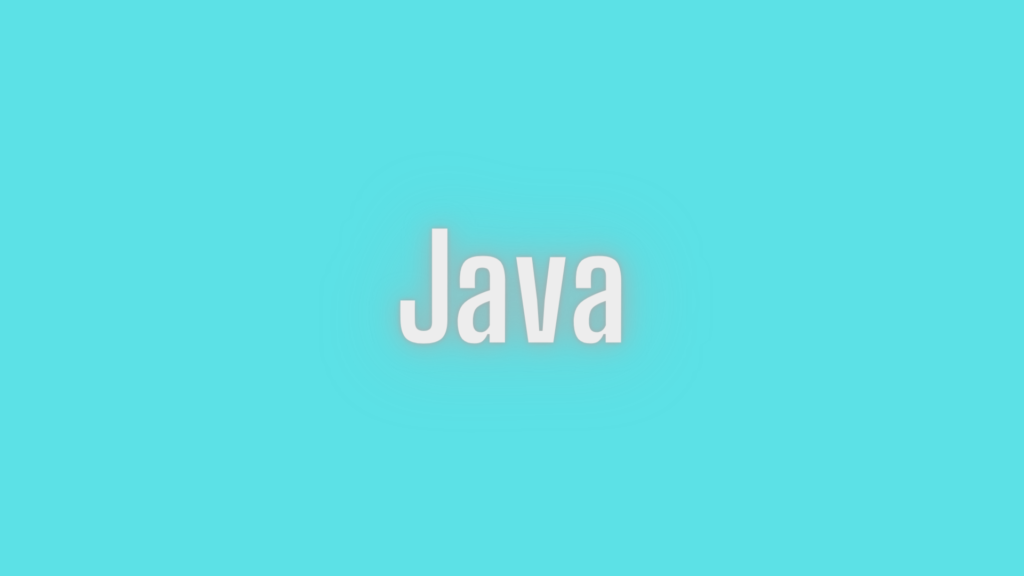When working with dates in Java, it is often necessary to get an instance of a past date. Whether you need to simulate a historical event or retrieve data from a specific point in time, knowing how to obtain a past date is a crucial task. In this article, we will explore two methods for getting an instance of a past date in Java. We will cover how to use the java.util.Calendar class and the newer java.time.LocalDate class, which was introduced in Java 8. Whether you are new to Java or a seasoned developer, this guide will help you understand the different approaches to getting past dates in Java.
In Java, you can use the java.util.Calendar class or the java.time.LocalDate class to get an instance of a past, future or any date.
Using java.util.Calendar
// Create a Calendar instance
Calendar calendar = Calendar.getInstance();
// Set the calendar to a past date
calendar.set(Calendar.YEAR, 2020);
calendar.set(Calendar.MONTH, Calendar.APRIL);
calendar.set(Calendar.DAY_OF_MONTH, 15);
// Get the Date object representing the past date
Date pastDate = calendar.getTime();
Using java.time.LocalDate
// Get the LocalDate representing a past date
LocalDate pastDate = LocalDate.of(2020, 4, 15);
Note that the java.util.Date class is deprecated and has been replaced by the java.time package since Java 8. It is recommended to use the new date and time APIs introduced in Java 8 or later versions.
In conclusion, getting an instance of a past date in Java is a fundamental task for many applications. With the java.util.Calendar and java.time.LocalDate classes, Java developers have two effective ways to accomplish this task. While the java.util.Calendar class is a legacy approach, it still provides a reliable way to work with past dates. However, the newer java.time.LocalDate class is a more modern and recommended solution that offers improved readability and functionality. By using these two classes, developers can work with past dates with ease and precision. We hope that this article has helped you understand how to obtain a past date in Java and that you can now use this knowledge to create more robust and efficient Java applications.
